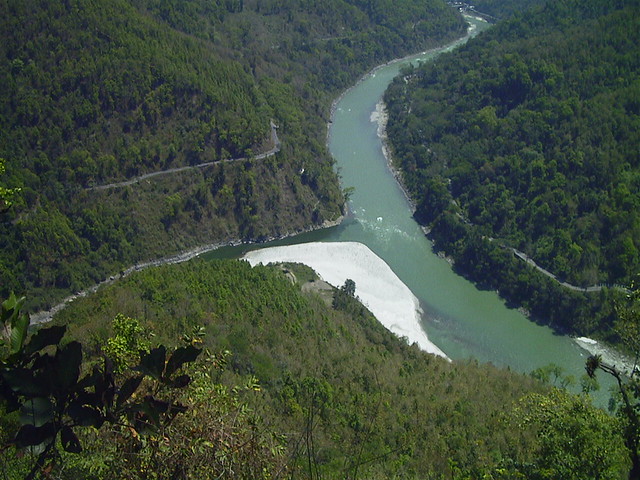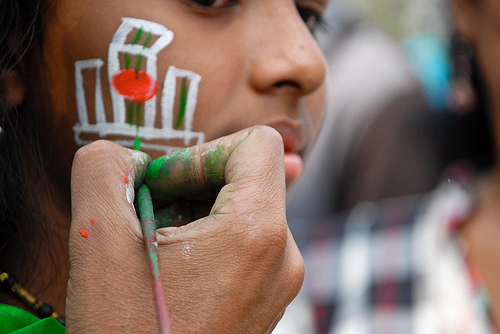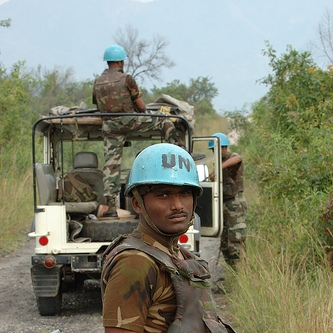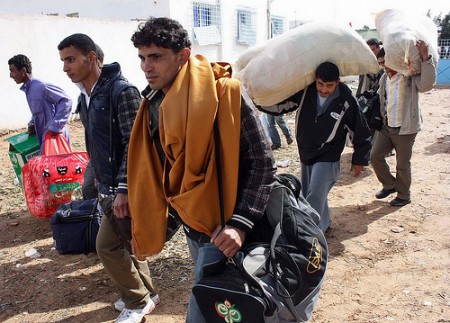
India and Bangladesh share 54 rivers between them. Despite setting up a Joint River Commission for water management as early as 1972, tensions between the countries on how to share resources recently came to a head in a dispute over the Teesta River. At stake are the lives of countless people from West Bengal and Bangladesh who depend upon the river for survival.
To date, only one comprehensive river pact has been signed by India and Bangladesh – a 1996 bilateral treaty that established a 30-year water-sharing arrangement between the two countries. This was set to change in September 2011 when India’s Prime Minister, Dr. Manmohan Singh, was due to sign a pact with his Bangladeshi counterpart regarding access and use of the Teesta River.
The Teesta – which has its source in Sikkim – flows through the northern part of West Bengal in India before entering Bangladesh, where after coursing through about 45km of irrigable land, merges with the Brahmaputra River (or Jamuna when it enters Bangladesh). In 1983, an ad-hoc water sharing agreement was reached between India and Bangladesh, whereby both countries were allocated 39% and 36% of the water flow respectively. The new bilateral treaty expands upon this agreement by proposing an equal allocation of the Teesta River.



